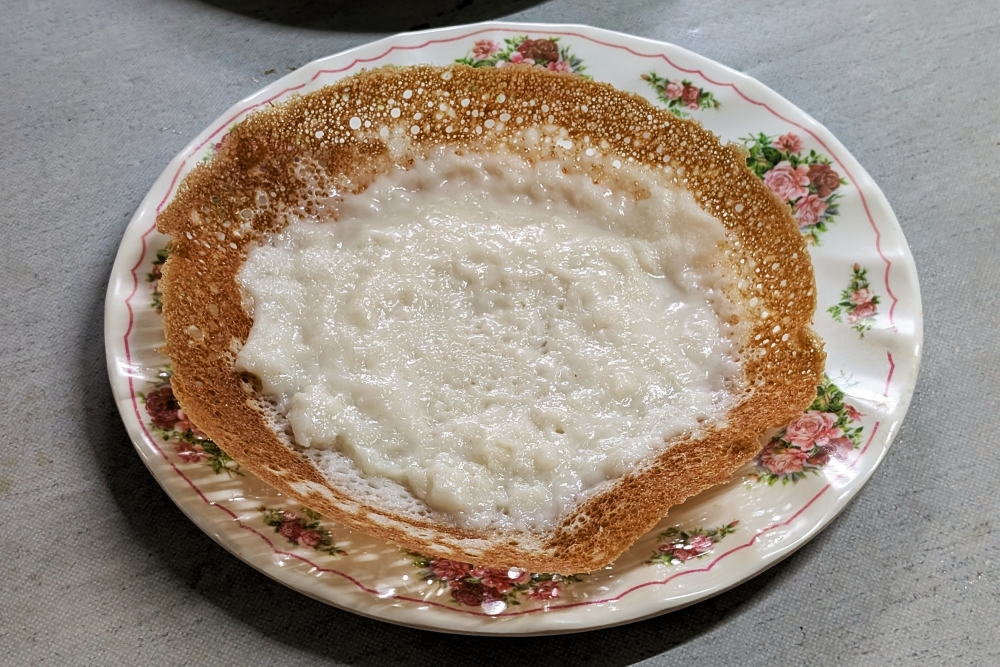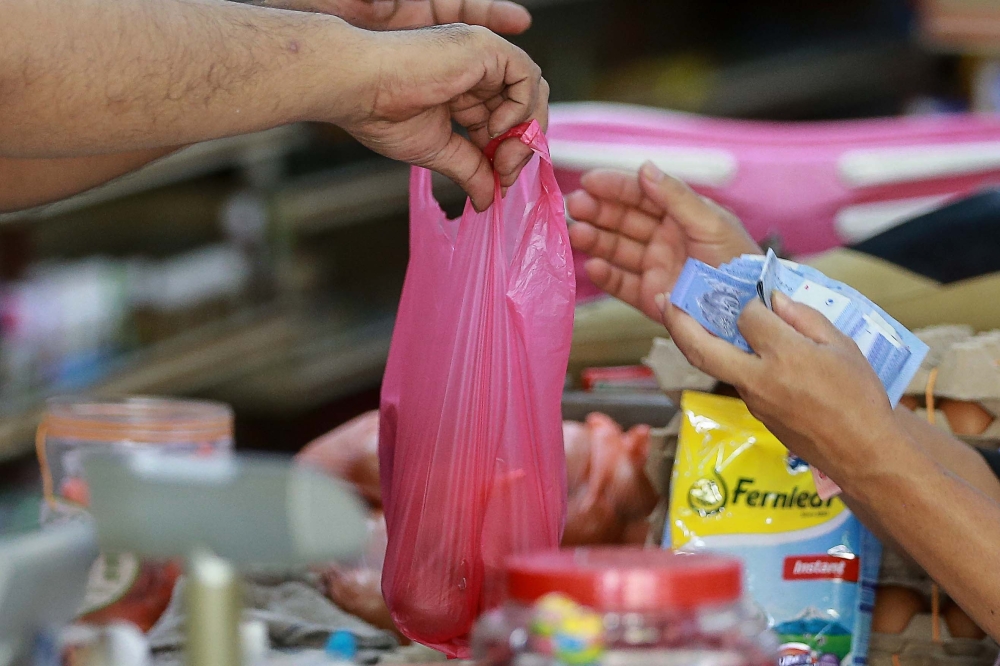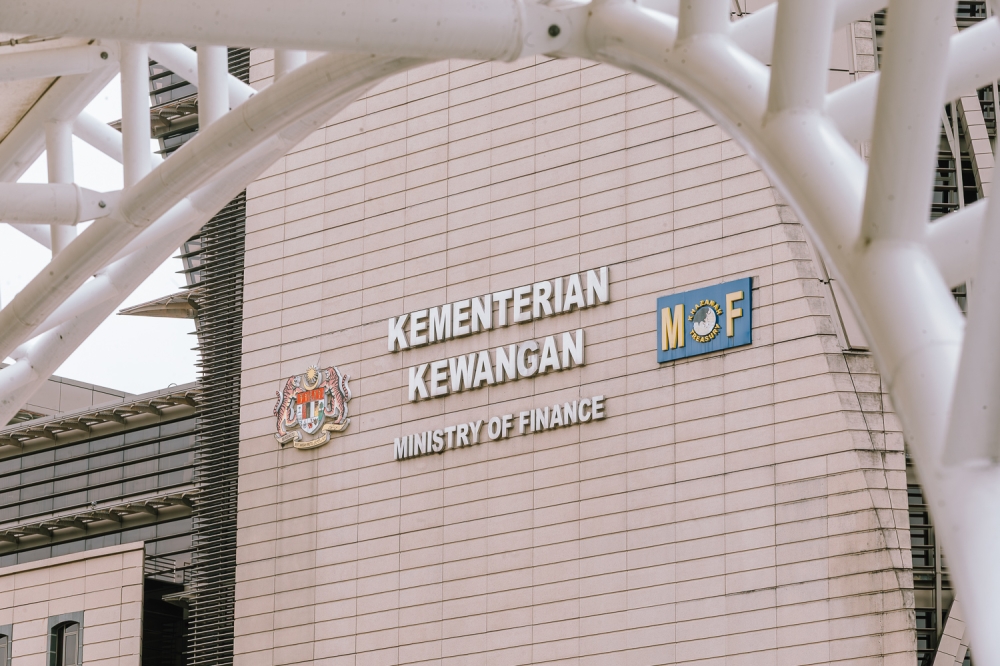PETALING JAYA, May 16 — The Ministry of Primary industries has received a number of requests from China, expressing interest in buying large quantities of palm oil and palm-based products from Malaysia following the Prime Minister’s official visit to Beijing recently.
Minister Teresa Kok Suh Sim said besides China, requests for palm oil shipments were also received from China, South Korea and even South African countries.
“Although palm oil price is rather low now, we can work together to explore other markets and there will be more buyers for our palm oil,” she told a press conference after attending the “PM’s Post Visit to China: Achievements & Prospects” Forum in Subang Jaya here today.
Kok said the current low palm oil price was influenced by external factors such as the US-China trade war, as well as lower soybean oil performance.
Malaysia’s palm oil exports to the country is expected to increase 20 per cent or about 400,000 tonnes per year following Tun Dr Mahathir Mohamad’s visit to China recently.
According to industry observers, Malaysian palm oil exports to China are expected to jump to about 2.26 million tonnes in 2019 from 1.86 million tonnes in 2018.
Malaysia is expected to export an additional supply of a minimum of 1.9 million tonnes of palm oil to China over a five-year period, starting from 2019 with the volume estimated at RM4.56bil based on an average price of US$600 per tonne.
On her scheduled visit to China at the end of this month, Kok said she will be witnessing an agreement of joint research on the production of biodiesel from palm oil.
Commenting on her recent 10-day trip to four European countries, Kok said shed engaged the European Parliament, as well as the European Council on their stance against palm oil as well as the Delegated Act.
“Though I didn’t have a very high hope, we still hope that the act won’t be adopted by the European Parliament and (European) Council.
“But during the trip, I also managed to meet European commissioners, as well as governments to explain about palm oil. And I believe more explanation need to be done to counter the accusation that palm oil causes the deforestation as they don’t understand about the industry,” she said, adding efforts should be carried out continuously.
The Delegated Act to phase out palm oil by the European Union (EU) was passed on May 13, classifying palm oil as unsustainable by claiming that oil palm cultivation is causing significant deforestation, as well as running contrary against its green fuel targets.
Emphasising the needs to enlighten EU members, Kok believes that Malaysia still stands a chance after the appointment of new EU parliamentarians.
“The EU election next week will see the appointment of new members and even though the dedicated regulation was passed by the European Council, the door is not closed for palm based bio-fuel and we should further improve the quality and sustainability effort, especially in the wild life conservation and enrichment of forest.
“We have also allocated a big sum of money for the adoption of the Malaysian Sustainable Palm Oil (MSPO) certification for smallholders, hence, when we want to talk to Europe again, particularly the newly-appointed parliamentarians, we will have better results and higher MSPO adoption rate,” she added.
The government has announced a RM100 million grant to help independent planters to secure the MSPO, for which the government will fully bear the certification costs from the existing 70 per cent.
This incentive is targeted for oil palm planters who have landholdings of between 40 hectares to 1,000 hectares.
The government will increase aid for MSPO auditing costs from the current 30 to 50 per cent and this incentive will be reimbursed to oil palm planters, after they have secured the MSPO certification for their estates. — Bernama



















